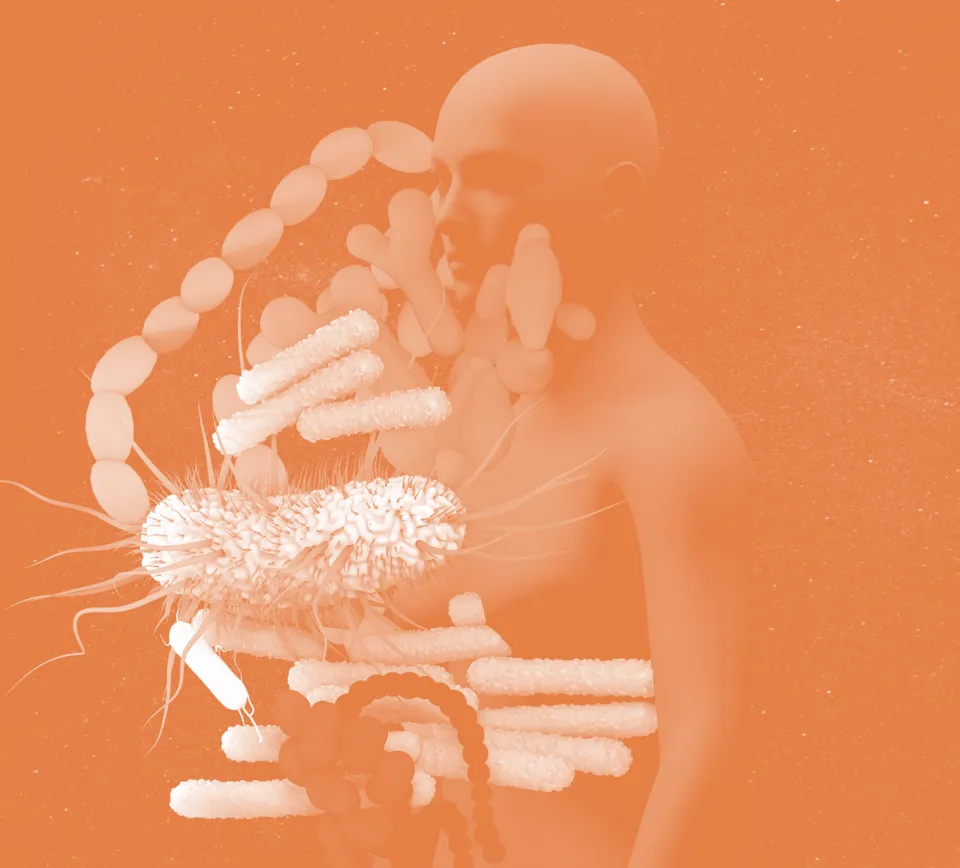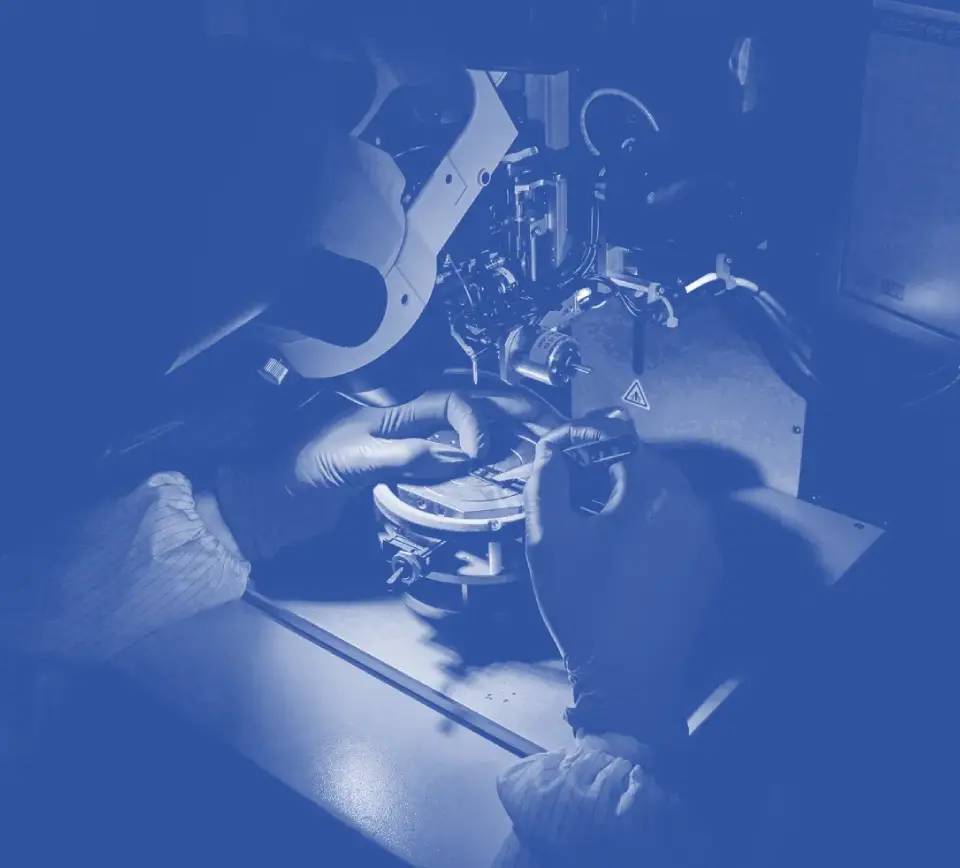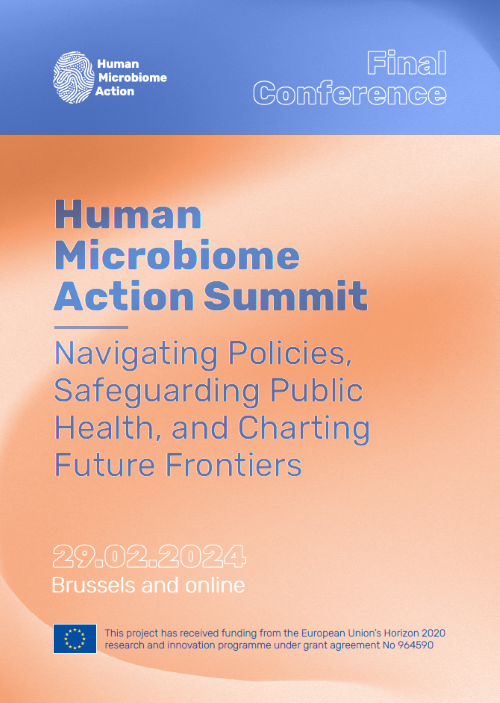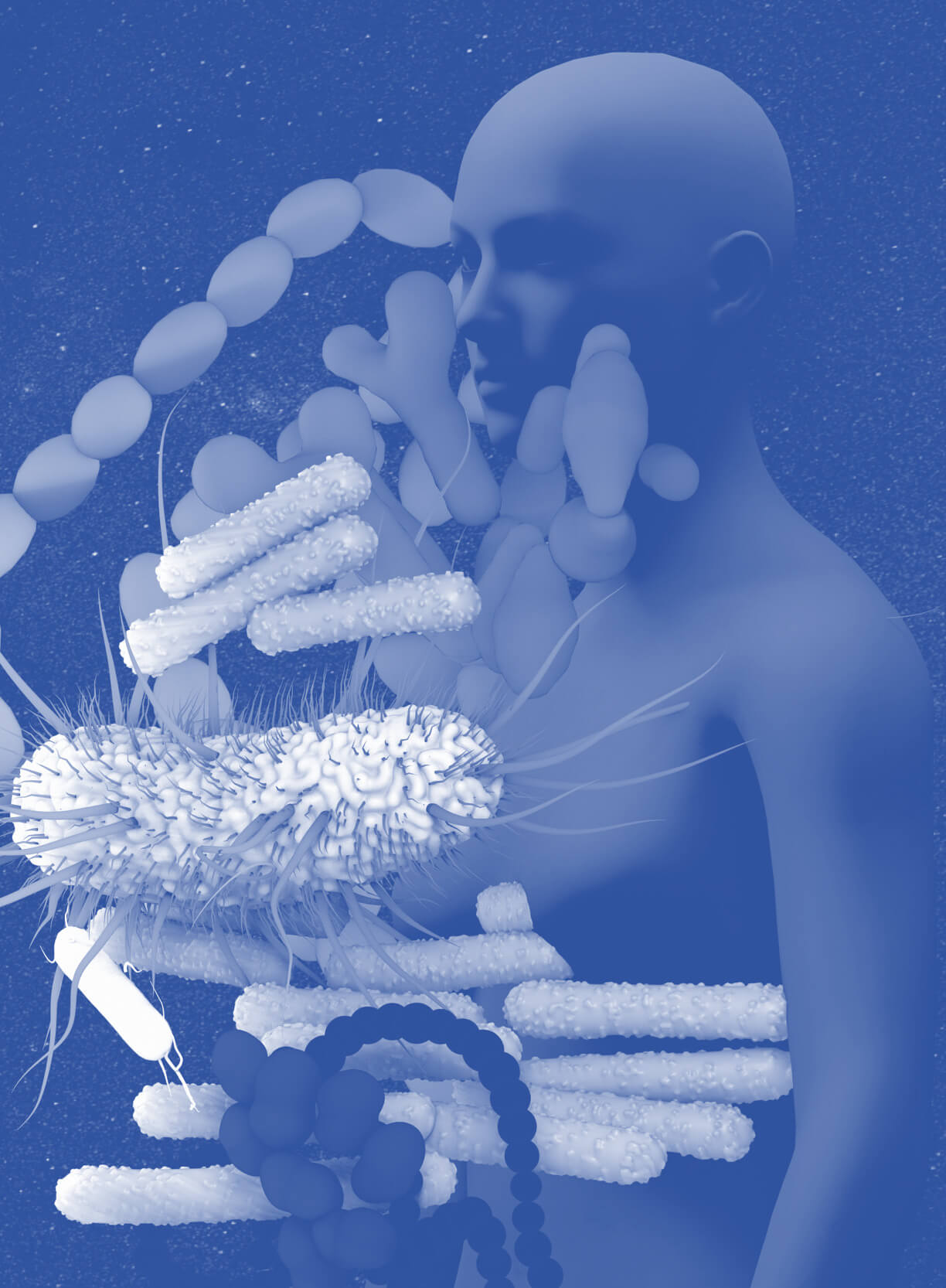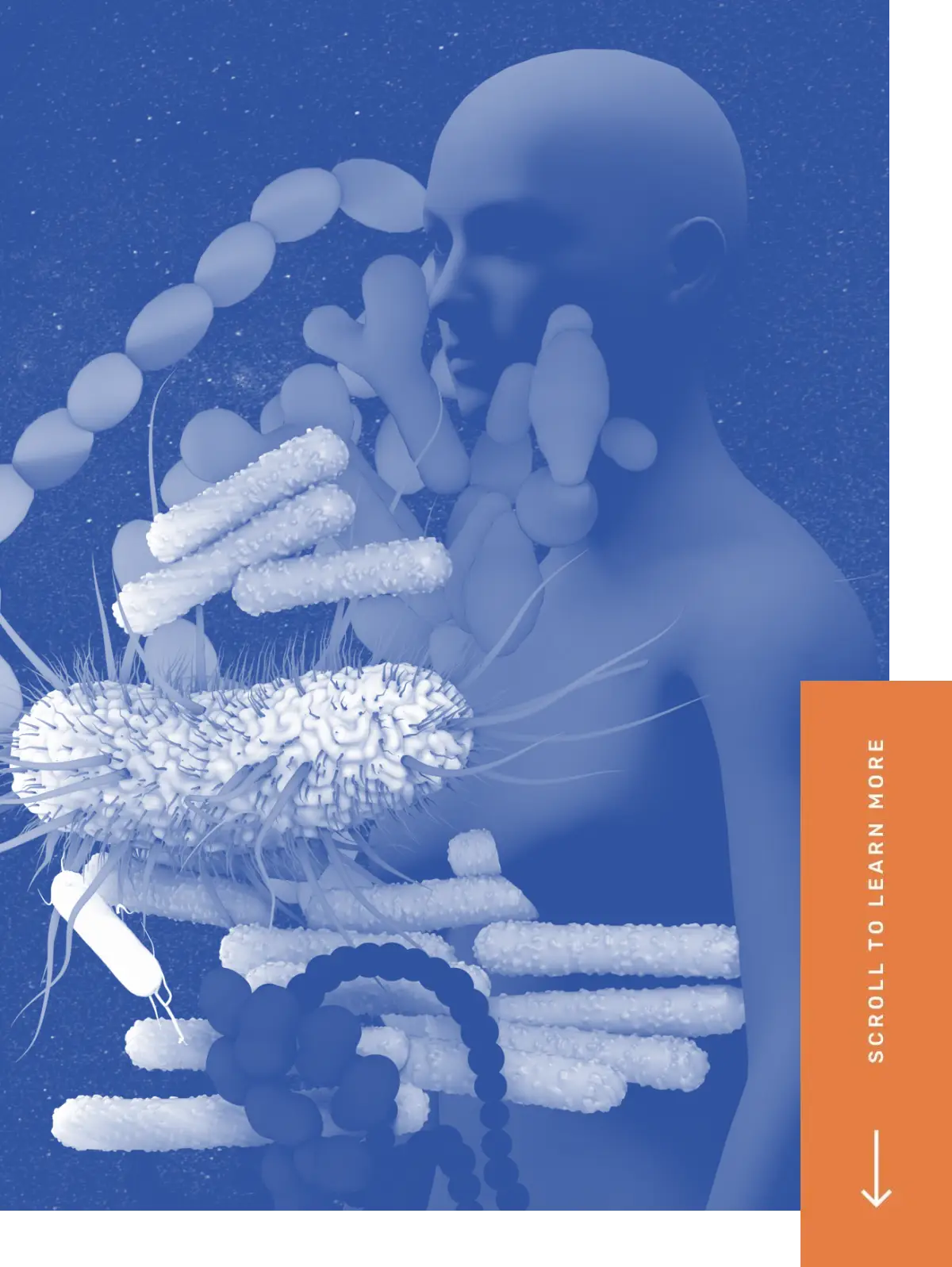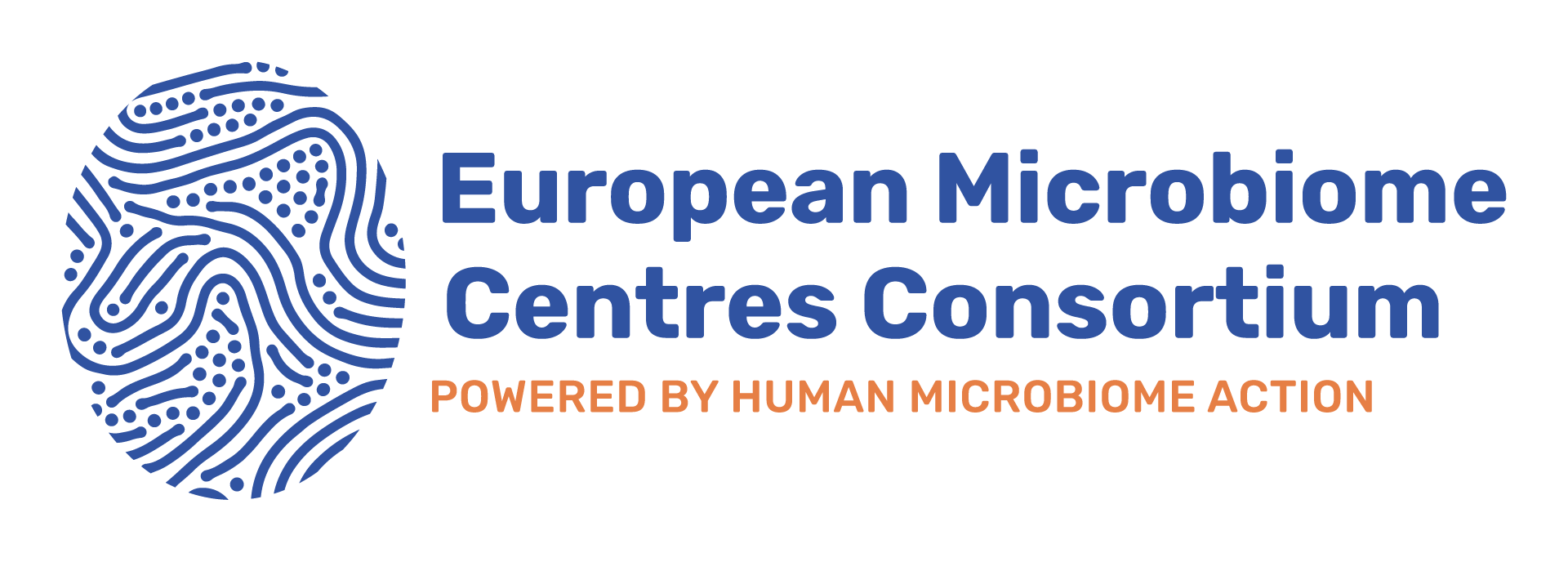
The European Microbiome Centres Consortium (EMCC) is a network of institutions that has been created as a legacy of the EU-funded Human Microbiome Action project to foster innovative translational developments, potentially transforming preventive nutrition and healthcare, and to influence regulatory frameworks in Europe, advocating for the acknowledgement of scientific consensus and requirements in the field of microbiome research.
About
What is the Human Microbiome Action?
The Human Microbiome Action is a high-level EU-funded coordination and support action focused on maximising the impact of European microbiome research and innovation by ensuring coherence and harmony in the way microbiome research is and will be performed.
The project counts 17 partners from 9 different European countries who work together to align, structure and boost research and knowledge transfer in the microbiome field with the aim of combating the epidemics of chronic diseases.
Why
Why the Human Microbiome?
For the last decades, chronic diseases have been on the rise across the world, presenting a major threat to public health.
The human microbiome is increasingly recognized for its crucial role in maintaining health and well-being and particularly for the prevention and treatment of many non-communicable diseases. This knowledge requires us to rethink current health systems and include human-microbe interplay as a key element in the development of new preventive and therapeutic approaches.
In brief, the Human
Microbiome Action will…
Bring together leading EU and international players to build a strong partnership and network.
Map the current scientific state-of-play and identify gaps of knowledge.
Develop international synergies for microbiome research and knowledge transfer.
Identify and propose key actions required to achieve impact.
